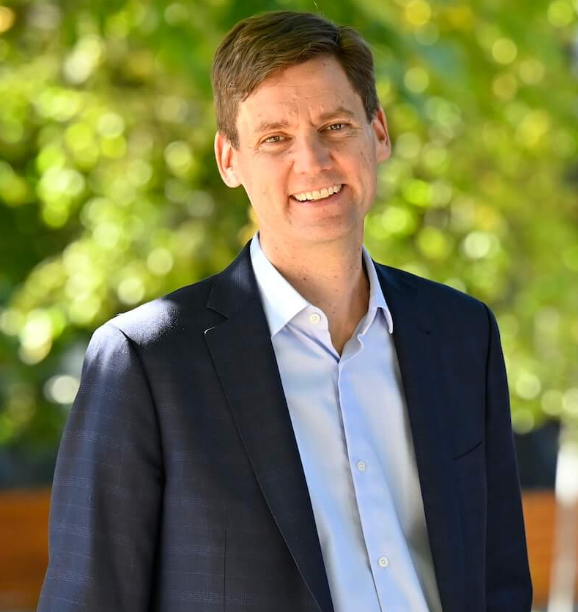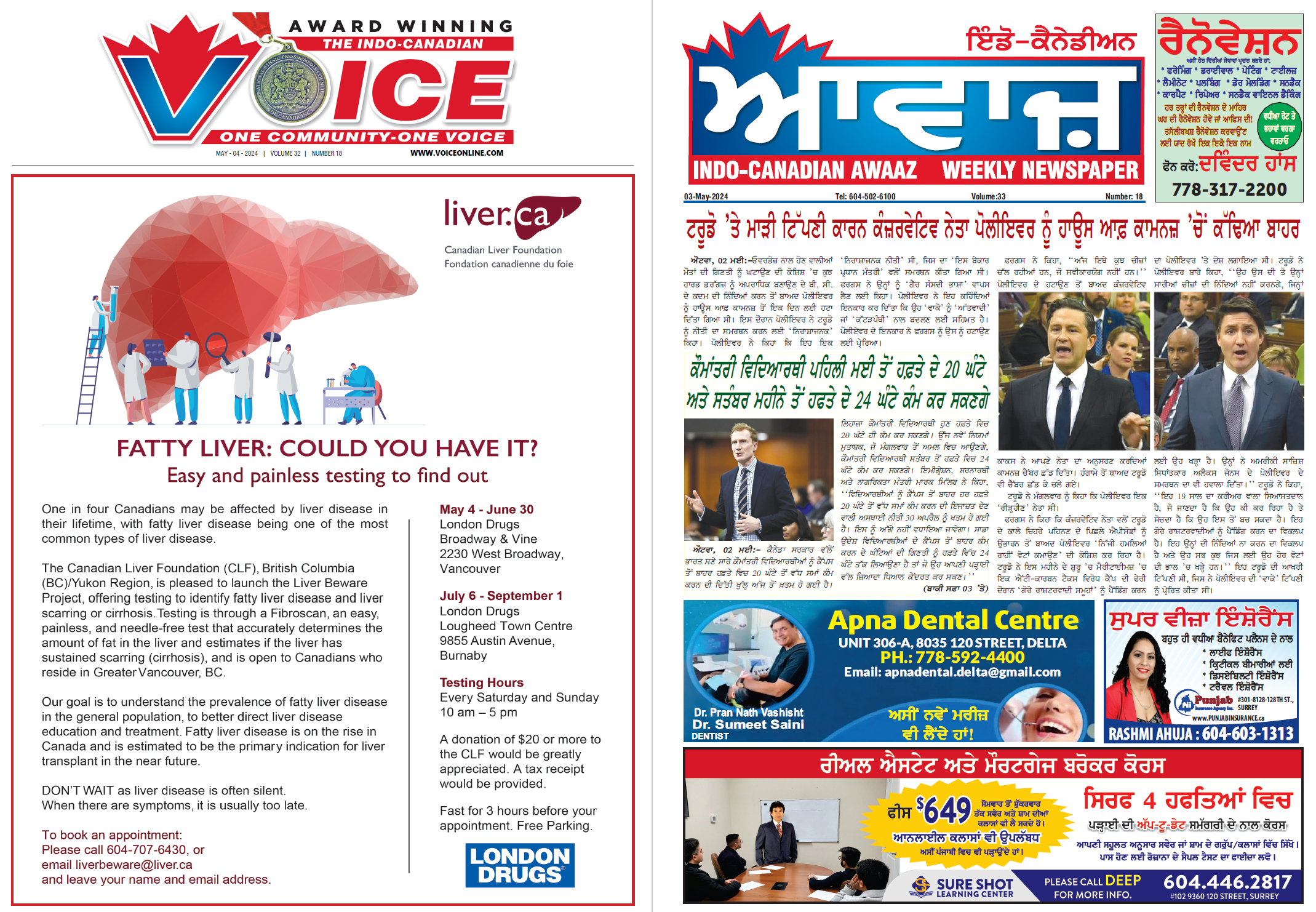NDP – 45%, BC Conservative Party – 27%, BC United – 15%, BC Green Party – 11%
BC NDP is solidly ahead of BC Conservatives on Vancouver Island (56%) and in Metro Vancouver (47%)
MORE than two-in-five decided voters would cast a ballot for the governing BC New Democratic Party (NDP) if British Columbia’s provincial election were held today, a new Research Co. poll has found.
In the online survey of a representative provincial sample, 45% of decided voters would back the BC NDP candidate in their constituency, down one point since a similar Research Co. poll conducted in January 2024.
The Conservative Party of BC Is in second place with 27% (+2), followed by BC United with 15% (-2) and the BC Green Party with 11% (=), while 1% of decided voters (-1) would support other parties or independent candidates.
The BC NDP is solidly ahead of the BC Conservatives on Vancouver Island (56%) and in Metro Vancouver (47%). The races are tighter in the Fraser Valley (37% to 36%), Southern BC (35% to 32%) and Northern BC (38% to 33%).
The BC NDP is still the first choice across all three age groups in British Columbia. The BC Conservatives are more popular among voters aged 18-to-34 (34%) than among their counterparts aged 35-to-54 (29%) and aged 55 and over (22%).
Just over half of British Columbians (51%, -2) approve of the way David Eby has handled his duties as Premier and BC NDP leader. Fewer than two-in-five feel the same way about BC Greens leader Sonia Furstenau (37%, +3), BC United leader Kevin Falcon (36%, +5) and BC Conservative leader John Rustad (35%, +3).
Housing, homelessness and poverty is the most important issue facing the province for 37% of British Columbians (-2). Health care is second on the list of concerns with 21% (-1), followed by the economy and jobs (18%, +1), the environment (6%, +2) and crime and public safety (5%, =).
“A third of British Columbians aged 55 and over (34%) think health care is the most pressing issue right now,” says Mario Canseco, President of Research Co. “Those aged 18-to-34 and aged 35-to-54 are primarily concerned about housing, homelessness and poverty (42% and 40% respectively).”
Compared to January, there is no movement in the voting consideration question for the BC Conservatives, with 41% of British Columbians (=) saying they would “definitely” or “probably” consider casting a ballot for their candidates. The rating is lower for both the BC Greens (37%, +3) and BC United (also 37%, +4), and higher for the BC NDP (54%, =).
Almost half of British Columbians (48%) agree that all political parties should establish quotas to increase the number of female candidates in the provincial election. A smaller proportion (44%) would like to see quotas to increase the number of candidates from visible minorities.
More than three-in-five British Columbians (63%) believe that, when politicians show up to festivals and celebrations (such as Vaisakhi) they are just pandering for votes and not truly interested in engaging with people from different cultures and backgrounds.
Almost two thirds of British Columbians (65%) think it should be mandatory for candidates to attend at least one public debate in their constituency with the candidates from other parties—a proportion that rises to 72% among residents of Northern BC.
Just over half of British Columbians (51%) think all political parties should compel candidates to step down if they said something offensive on social media. This course of action is favoured the most by residents of Southern BC (58%), followed by those who live in Metro Vancouver (52%), the Fraser Valley (49%), Vancouver Island (also 49%) and Northern BC (45%).
Almost two-in-five British Columbians (39%, +7) would like to see a merger encompassing BC United and the Conservative Party of BC before this year’s provincial election, while 42% (-3) disagree and 20% (-3) are not sure. The creation of a merged party is backed by more than half of British Columbians who would vote for the BC Conservatives (54%) or BC United (53%) if an election took place today.
Falcon is regarded as better suited than Rustad to attract male voters (26% to 19%), female voters (20% to 17%), voters aged 18-to-34 (23% to 17%) and voters in Metro Vancouver (25% to 19%) to BC United.
Rustad is ahead of Falcon as the best leader to attract voters aged 55 and over (30% to 20%), voters in Metro Vancouver (25% to 20%) and voters in Northern BC (27% to 17%) to the BC Conservatives.
The two party leaders are virtually tied on five other categories: forming the government after this year’s election (Falcon 21%, Rustad 20%), serving as Official Opposition leader after this year’s election (Rustad 24%, Falcon 22%), attracting voters aged 35-to-54 (Rustad 24%, Falcon 22%), attracting voters in Southern BC (Rustad 22%, Falcon 21%) and attracting voters in Vancouver Island (Falcon 21%, Rustad 20%).
Methodology: Results are based on an online study conducted from April 15 to April 17, 2024, among 801 adults in British Columbia. The data has been statistically weighted according to Canadian census figures for age, gender and region in British Columbia. The margin of error—which measures sample variability—is +/- 3.5 percentage points, 19 times out of 20.













